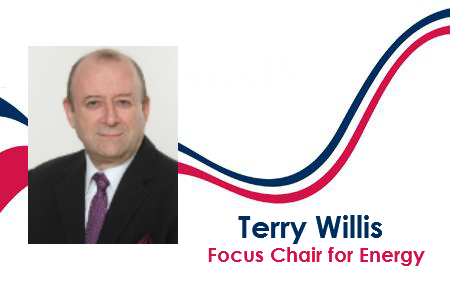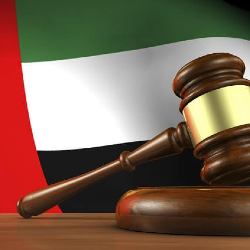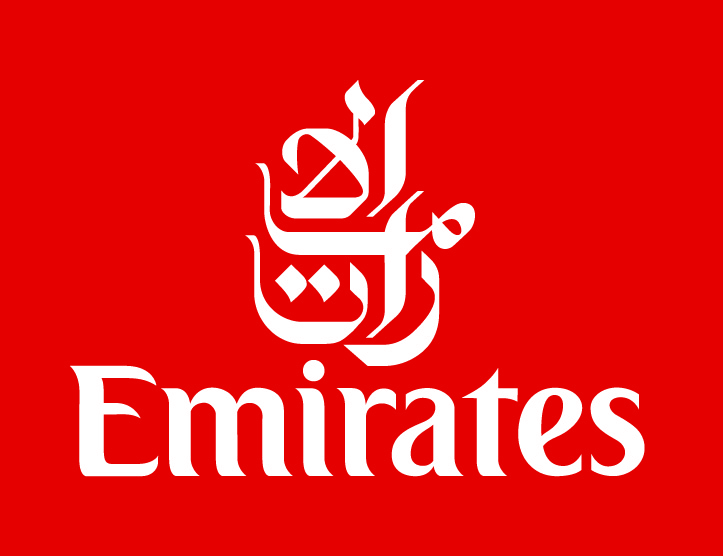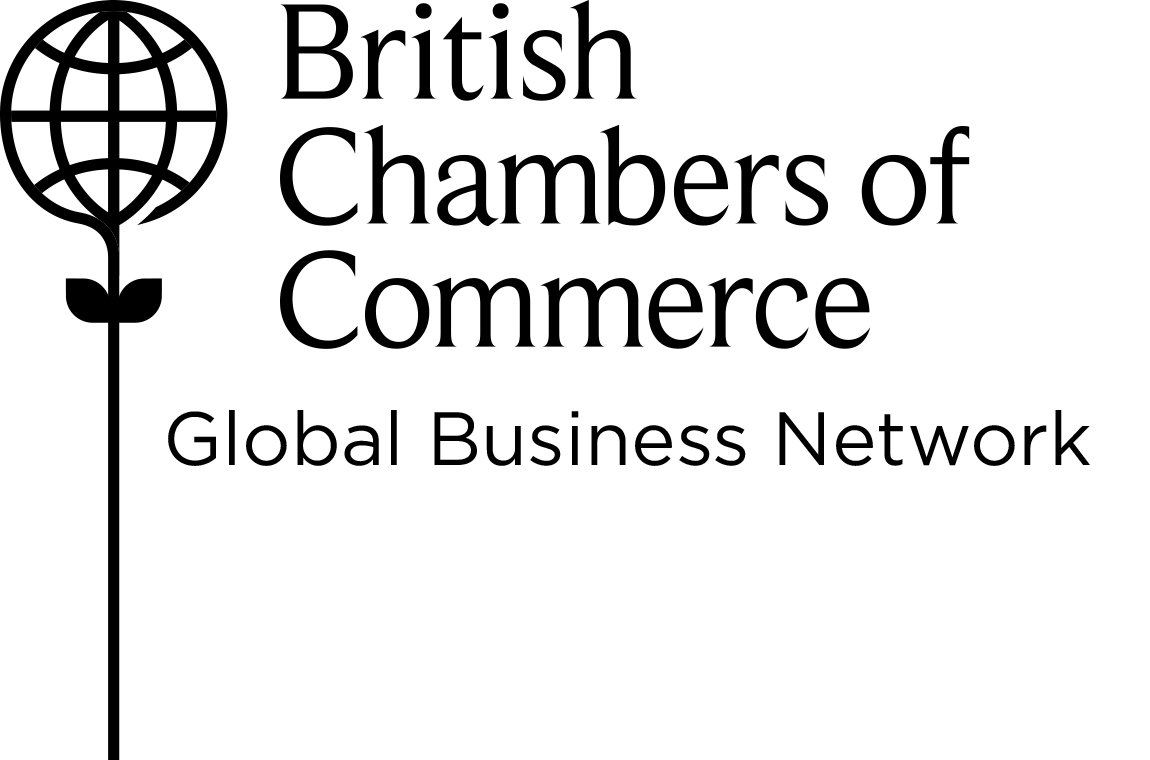The Regional Landscape of the Energy Sector by Terry Willis, Energy Focus Chair
Date Posted:Thu, 5th Apr 2018

The Regional Landscape of the Energy Sector by Terry Willis, Energy Focus Chair
It would not be wrong to say that 2017 was a year of consolidation for the Energy Sector. On our own doorstep, we saw the UAE’s National Oil Company, ADNOC taking action to bring together all of its operating assets into a single umbrella organisation with clearly defined operating divisions. Having completed this exercise, it then went further by putting together its first Initial Public Offering (IPO) for its downstream distribution unit which was substantially over subscribed. Another initiative has been the announcement of incorporating a policy of recognising and rewarding In Country Value within all its future contracts, a sure sign that they acknowledge their responsibility for being a prime driver of the UAE’s economy.
Moving down the value chain, we saw some significant mergers within the contracting community. First, there was the integration of the Wood Group with AMEC Foster Wheeler. This was soon followed by Atkins, a well-established UK engineering company being swallowed up by the Canadian giant SNC Lavalin and then just before Christmas we saw the US Offshore Contractor, Jay Ray McDermott buying out C B & I, another of the global prime Engineering, Procurement & Construction (EPC) contractors. My own feeling is that this activity has still not reached its ultimate conclusion. Market gossip has suggested that Petrofac, the acclaimed number one in the contracting community could also be a target as this year progresses.
Looking at the regional energy landscape, there continues to be a number of geo-political factors going on which have an adverse effect on the price of oil. The four most prominent of these are Iran and its relationship with Saudi Arabia, as well as the Nuclear deal which continues to hang by a thread. The situation with Qatar which seems quite a long way from resolution, the relationship between Kurdistan and the Iraq Government plus the ever-present threat of terrorism.
On the first point, Iran should be seen as an emerging opportunity for UK Plc but the woes within the banking community remain an obstacle whilst the quasi support of the fighting in Yemen, Lebanon and Syria continues to damage its relationship with the rest of the world, not helped by the US administration making overtures to scrap the agreement to abolish sanctions. Lastly, there continues to be the possibility of more unrest with regard to the relationship between Saudi Arabia and Iran that could escalate at any time, especially given the latest missile attacks emanating from Yemen.
Following the June 2017 annexation of Qatar by Saudi Arabia, the UAE, Bahrain and Egypt, this has allowed Iran and Russia to strengthen their presence across the Gulf and at the time of writing, there appears to be no solution to the disagreement in sight.
Back in September 2017, the Kurdistan Government organised an independence referendum which saw a 93% vote in favour of autonomy. This led to the Iraq Government closing down all air links to Kurdistan and the increase of tension between the two parties. Already, Kurdistan produces its own oil revenue although this remains dependant on Baghdad remitting the revenues.
Lastly, there is the ever-present threat of terrorism. Whilst there has been a considerable military effort to erase the presence of ISIS across Iraq and Syria, there remains the threat that something serious could materialise in the future. Events in Egypt confirm that you can never ‘’take your eye off the ball’’. Thankfully, the security apparatus in the UAE is second to none but there is definitely no opportunity for complacency and we must all remain vigilant.
On the positive side, every country across the GCC continues to invest in its energy infrastructure. There is an increasing recognition and acknowledgement that clean energy has an increasingly major impact on investment decisions with the UAE leading the race. We have seen our first commissioning of four nuclear reactors in Abu Dhabi whilst Dubai continues to expand its solar capability as well as being the first regional utility to encompass a clean coal plant that will be commissioned in time for Expo 2020.
To summarise, the energy landscape within the UAE and across the region remains very dynamic and therefore extremely positive for UK Companies with the British Business Group standing ready to assist in any way we can to help them on what can be a very profitable journey.
Advice/Lists/Recommendations/Learning/ Trends work well etc:
* 6 Top Tips to be productive/a good leader etc
1. A deep reservoir of patience
2. Be a Good Listener
3. Always be Flexible in your approach
4. Be Cultural Aware of who you are dealing with
5. Thoroughly research and be prepared
6. Be aware of any internal dynamics that may exist within your target organisation
* 4 Key trends we can expect for 2018 in your industry
1. A greater emphasis on in-country value/Local Content
2. The Geo-Political Landscape could change at any time
3. Expecting a greater presence from UK Export Finance
4. Renewable/clean energy will attract greater attention as ROI rates improve
* 3 things 2017 has shown us
1. A greater presence from Chinese investors and operators
2. The need for consolidation/mergers within the contracting community
3. The low oil price is the new norm which we have to live with
* 5 things to know about the 2018 ADNOC
1. Now one Company with one brand and unified procurement policy
2. Major focus on local content/In Country Value
3. All vendor registrations handled through one on-line portal
4. Examining investment opportunities outside Middle East region
5. Consolidated focus on downstream investments – Completing the entire value chain.











